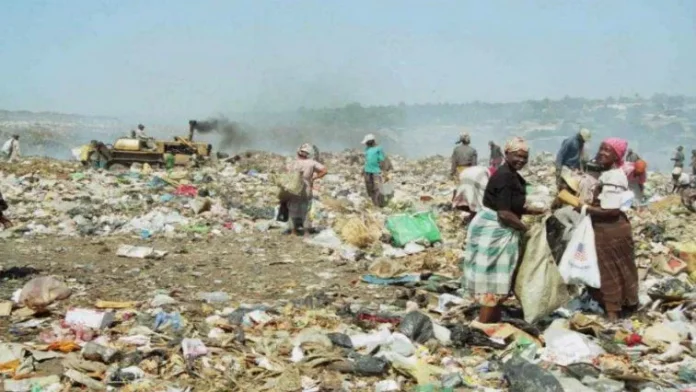SALGA, the South African Local Government Association, has recently brought to light a concerning issue within the country’s municipal sector. In a recent report, SALGA has highlighted a lack of monitoring to ensure that senior municipal officials comply with standards set by the organization.
This revelation has raised concerns about the effectiveness and accountability of senior officials in the municipal sector. SALGA, as the representative body for local government in South Africa, has a responsibility to ensure that all municipalities are functioning efficiently and effectively. However, the lack of monitoring and compliance among senior officials has hindered the progress of this goal.
According to the report, many senior officials are not adhering to the standards set by SALGA, which include ethical conduct, financial management, and service delivery. This has resulted in a negative impact on the overall performance of municipalities and has hindered their ability to provide quality services to citizens.
One of the main reasons for this lack of compliance is the absence of a proper monitoring system. SALGA has pointed out that there is a need for a more robust and effective monitoring mechanism to ensure that senior officials are held accountable for their actions. This includes regular performance evaluations and audits to identify any areas of non-compliance and take necessary actions to rectify them.
The consequences of this lack of monitoring and compliance are far-reaching. It not only affects the functioning of municipalities but also erodes public trust in the local government. The citizens of South Africa rely on their municipalities to provide essential services such as water, electricity, and sanitation. When senior officials fail to comply with standards, it ultimately leads to a breakdown in service delivery, which has a direct impact on the lives of citizens.
SALGA has emphasized the need for urgent action to address this issue. The organization has called for a collaborative effort between all stakeholders, including government departments, municipalities, and civil society, to develop a comprehensive monitoring system. This system should be transparent, efficient, and hold senior officials accountable for their actions.
Furthermore, SALGA has also stressed the importance of training and capacity building for senior officials. It is crucial for them to have a thorough understanding of the standards set by SALGA and the consequences of non-compliance. This will not only ensure that they adhere to the standards but also equip them with the necessary skills to perform their duties effectively.
In addition to this, SALGA has also urged municipalities to prioritize the implementation of good governance practices. This includes promoting transparency, accountability, and ethical conduct among all officials. By doing so, municipalities can create a culture of compliance and ensure that senior officials are held to the highest standards.
It is heartening to see that SALGA has taken a proactive approach in addressing this issue. The organization has not only identified the problem but has also proposed practical solutions to rectify it. This demonstrates their commitment to promoting good governance and improving the functioning of municipalities in South Africa.
In conclusion, SALGA’s report on the lack of monitoring to ensure compliance among senior municipal officials is a wake-up call for all stakeholders. It highlights the need for a more robust and effective monitoring system to hold senior officials accountable for their actions. It is imperative that immediate action is taken to address this issue and ensure that municipalities are functioning efficiently and effectively. By working together, we can create a better future for our local government and ultimately, for the citizens of South Africa.

